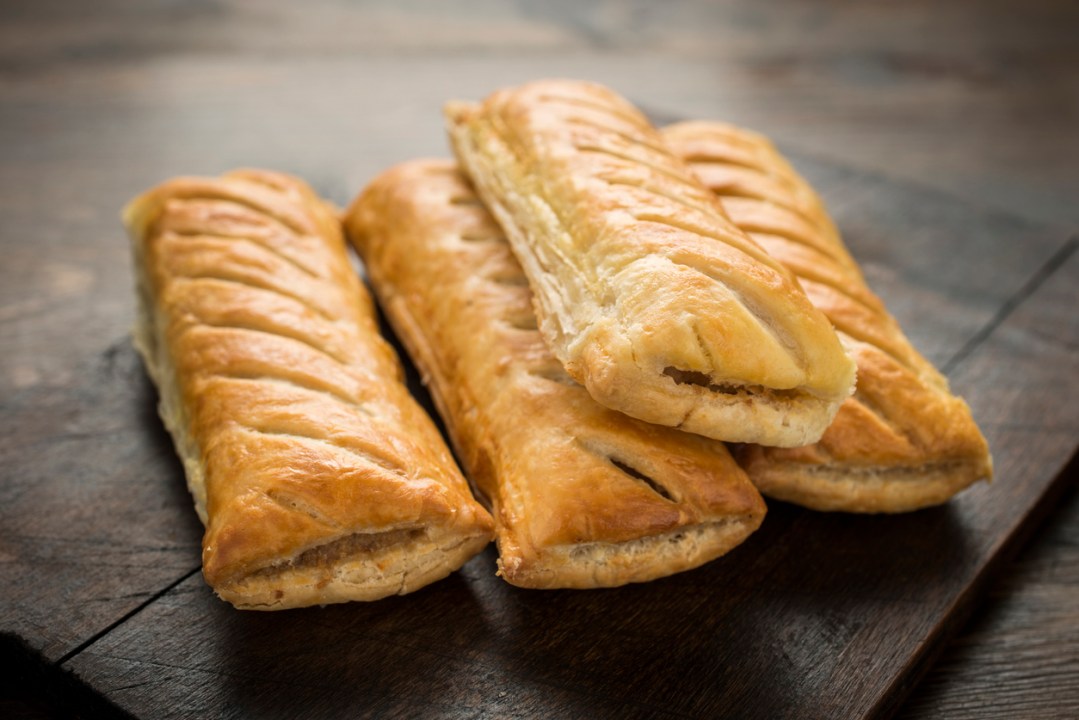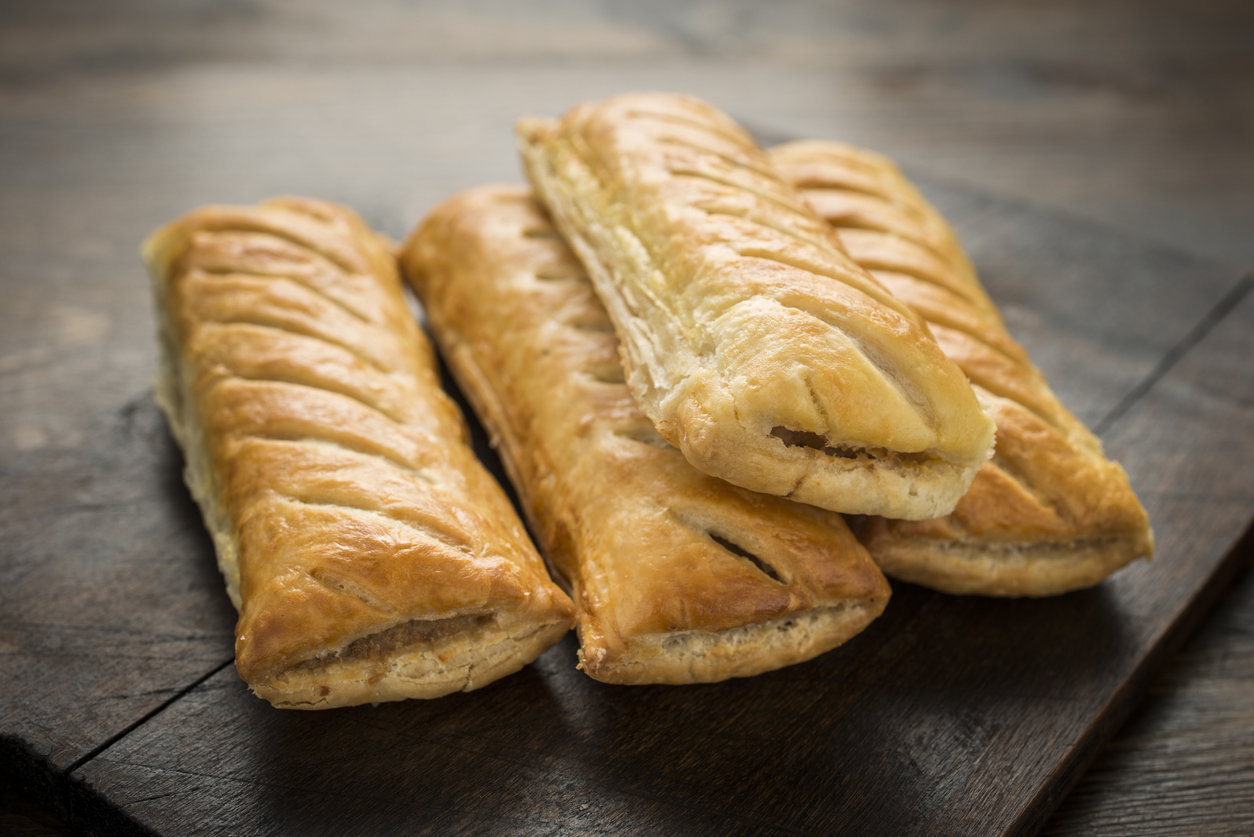Though I love words, I don’t generally get on other people’s cases about them as I don’t expect everyone to have my almost parasexual attachment to the English language. I’ve suffered silently through the flagrant misuse of ‘epic’ and ‘awesome‘ and numerous moronic reference to food as ‘orgasmic’ and ‘artisanal’ featuring ‘curated table-scapes’. If you’re older than five and say ‘nom’ (in any multiple) then frankly, I believe that you should have your voting rights taken away – it’s called Universal Adult Franchise for a reason.
However, I’m going to make an exception for ‘iconic’, the overuse of which has mildly irritated me for quite some time. I reached tipping point last week when I heard the Mayor of Leicester, Peter Soulsby, use it on Radio 4, referring to Ugandan Asian immigration to Britain in the 1970s. This was a good thing, yes – but iconic?
How I yearn for the days when iconic was a niche word, used only to describe religious artwork. Now the Cambridge Dictionary defines it as meaning ‘very famous or popular’ before giving the following examples: ‘John Lennon gained iconic status following his death’, ‘The gunfight is the single most iconic image of the Wild West’ and ‘The film Casablanca won three Academy Awards and its characters, dialogue and music have become iconic’.
All this blather about icons where they do not exist makes us look woefully like a confused post-Christian ship of fools who ‘do not believe in nothing, but become capable of believing in anything’
If lexical prolapse had stopped here – awarding iconic status to specific cultural moments which have endured the test of time – I might have held my tongue. But everything’s ‘iconic’ now – Google shows 1,450,000,000 results for the word (which to put into context compares with only 549,000 for my name). Type ‘iconic’ in and then follow it with the most outlandish noun you can think of – about 50 per cent of the time you’ll get a result; my favourites were ‘Iconic Window Cleaning’ – ‘We can clean your windows to an extremely high standard’ – and Victorian Plumbing’s ‘Iconic Combined Two-In-One Wash Basin + Toilet (inc. Tap & Waste)’. This Japanese knotweed of words is found in pretty much every social class and price bracket, from new Chelsea Riverside apartments with ‘iconic proportions’ to Greggs hiking the price of their ‘iconic sausage rolls’ due to supply chain troubles. When Virgin was still running the Euston to Liverpool line, a friend heard the onboard hospitality manager on the tannoy apologising to everyone in first-class that ‘due to supply issues beyond our control, we have run out of Virgin’s iconic complimentary snack box’.
It’s fitting that Mr Virgin started out in showbiz; in a world where people spend a lot of time speaking other people’s words and giving more attention to visuals and verbals, the word ‘i’ – in common with the upper-case ‘I’ – crops up like a recurring case of herpes passed around on location. Catherine Zeta-Jones, speaking of her role in the Netflix show Wednesday, enjoyed playing Morticia Addams so much that she used it twice: ‘Morticia is such an iconic female figure, but I put my own twist on her… we didn’t want to put Morticia in trousers just to contemporise her; we wanted to do the iconic look.’ The pricey Charlotte Tilbury cosmetic range has ‘the British beauty icon Twiggy’ promoting Tilbury’s ‘iconic’ lip colours ‘alongside my divine, iconic, supermodel friends Kate Moss and Jourdan Dunn’. Ant and Dec’s many alleged ‘iconic moments’ can be enjoyed on TikTok. And as it’s the season to hate Love Actually, I was tickled to find out that Alan Rickman was driven ‘insane’ by the ‘iconic scene’ in the film where Rowan Atkinson as a shop assistant takes too long gift-wrapping a present.
There are a few dissenters who find the concept hackneyed and dreary; Boy George appeared on I’m A Celebrity… because ‘I am bored of being iconic in the corner’. I hesitate to ‘share’ this, but I’ve been called iconic by three charming strangers myself this year alone. Before Brexit, it was ‘national treasure’ – though it made me feel my age, I quite liked it, as I’m conceited. But ‘iconic’ just makes me feel as though pigeons might soon be doing their business on me; it’s such an inanimate word.
So let’s agree that Big Ben, the Eiffel Tower and the Taj Mahal are icons; Mickey Mouse’s ears, Elvis’s sneer and Marilyn Monroe’s white dress/air-vent combo might get a mention. But otherwise, let us only use the word during civilised debates of the kind such as to whether or not Our Lady of Kazan – the Theotokos – is probably the most iconic icon of all time. Because all this blather about icons where they do not exist makes us look woefully like a confused post-Christian ship of fools who as G.K. Chesterton said ‘do not believe in nothing, [but] become capable of believing in anything’. Let 2023 be the year when the wafer-thin ‘iconic’ is put away – and when hard-headed iconoclasm makes a comeback.







Comments